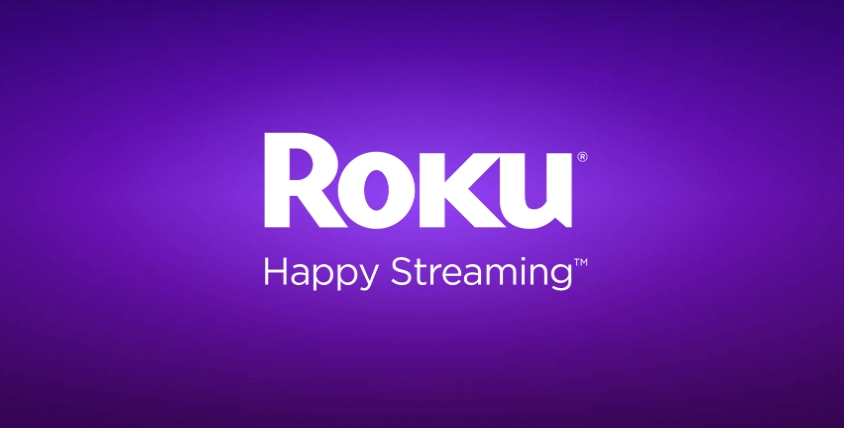[Reuters Analysis] Kazakhstan’s OPEC+ defiance could push Saudi into a painful price war: Bousso

- Kazakhstan says oil output levels decided by national interest, not OPEC+
- Move signal Kazakhstan's possible exit from producers alliance
- Saudi Arabia could launch price war
LONDON, April 23 - Kazakhstan's public defiance of the OPEC+ oil production alliance could signal its exit from the group and push Saudi Arabia into a painful price war at a precarious moment.
The Central Asian country's newly appointed Energy Minister Erlan Akkenzhenov told Reuters on Wednesday that Kazakhstan will prioritise national interests over those of the OPEC+ group when determining its oil production levels, implying the country might not comply with cuts it agreed to as part of a supply deal between major producing nations.
This could also be a precursor to Kazakhstan leaving the OPEC+ alliance unofficially led by Saudi Arabia, which has since 2022 agreed on a series of collective production cuts totalling around 5.85 million barrels per day (bpd), or nearly 6% of global production. But the agreement has been far from water-tight, as a number of members have failed to comply with their production targets, including Iraq and the United Arab Emirates.
Kazakhstan has arguably been the worst offender recently. Its crude oil production surged in March to 1.85 million bpd from an average of 1.74 million bpd in 2024, after production began at the extension of the country’s giant Tengiz field at the start of the year, far exceeding the country’s output quota of 1.468 million bpd, according to OPEC data.
The OPEC+ alliance has been highly effective in maintaining Brent oil prices LCOc1 in a steady range of $70 to $90 a barrel in recent years. But the lack of compliance among OPEC+ members has rankled Saudi Arabia, which requires an oil price of over $90 a barrel in order to balance its budget, according to IMF estimates.
Riyadh and other producers sent a shot across the bows of non-compliant members earlier this month when they announced an unexpected deal to accelerate plans to increase output by 411,000 bpd in May, a three-fold increase from a previous plan. Saudi also sharply cut its oil selling prices for May for Asian buyers to the lowest in four months, further challenging other producers.
An extended price war, such as the one Saudi launched in 2014 in an attempt to curb surging U.S. shale production, would make many oilfields unprofitable, leading producers to shut in production, giving low-cost producers bigger market share.
The increased output deal initially appeared to achieve its aim and was followed by a detailed compensation plan that would have seen Kazakhstan and Iraq implement deep production cuts.
But Wednesday's events suggest Kazakhstan is not going to play ball and will maintain production at elevated levels.
NIGHTMARE SCENARIO
This is a nightmare scenario for the OPEC+ alliance.
Kazakhstan's defiance could push other members to reconsider the benefits of complying with the supply deal, potentially leading them to contemplate leaving the alliance.
That, in turn, could lead to a surge in production that could crater oil prices if production in other non-OPEC+ countries such as the United States and Brazil rises.
Saudi Arabia and its allies will likely immediately launch a broad diplomatic push to convince Kazakhstan to comply with the deal.
But if Riyadh fails to assert discipline that way, it could try to compel Kazakhstan and other errant OPEC+ members to fall in line by flooding the market with more cheap oil, effectively launching a price war.
Indeed, sources familiar with the matter told Reuters on Wednesday that several OPEC+ members will suggest accelerating oil output hikes in June for a second consecutive month.
Adding so much oil into an already well-supplied market is risky, especially considering the global economic turmoil seen amid the escalation of U.S. President Donald Trump's global trade war.
Saudi and other Gulf countries have some of the world's lowest oil production costs and could therefore weather a price war better than others. At the same time, they would not want to see prices collapse for an extended period of time because that would weigh heavily on their national finances.
The OPEC+ alliance has shown increasing signs of weakness this year. Kazakhstan’s defiance could signal that a split is coming.
The opinions expressed here are those of the author, a columnist for Reuters.
Want to receive my column in your inbox every Thursday, along with additional energy insights and trending stories? Sign up for my Power Up newsletter here.
Oil producers' 2025 fiscal breakeven









